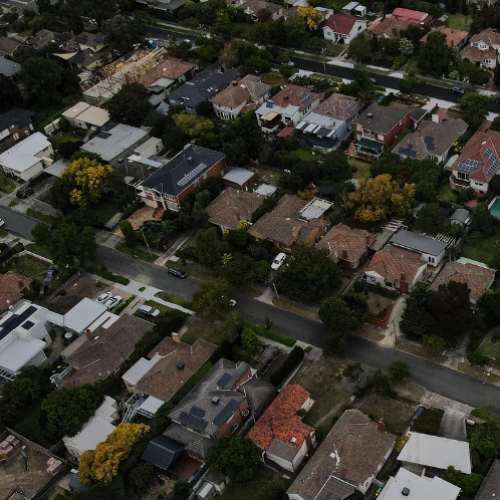Australians are set to learn whether wages have grown in real terms over the past quarter – something that has not happened for three years.
The wage price index, to be released by the Australian Bureau of Statistics on Tuesday, is expected to increase by 0.9 per cent in the June quarter.
The rise could be as high as 1.1 per cent.
This compares to the consumer price index – a measure of the cost of living – which grew by 0.8 per cent in the June quarter.
The May federal budget forecast real wages growth on an annual basis to return by early 2024.
The government has been seeking to boost wages via support for rises for minimum and award wage workers, funding pay rises for aged care staff and making it easier for parents to return to work when they want to.
“A big part of tackling cost-of-living challenges is to help ensure ordinary Australian workers can earn enough to provide for their loved ones and get ahead,” Treasurer Jim Chalmers said.
“We understand that securing real wages growth means getting inflation under control, which is why addressing the inflation challenge is the central focus of our government.”
NAB economists said they didn’t think the wages figure would be enough to shift the thinking in the Reserve Bank away from a pause in rates to a future hike.
But they are forecasting a third quarter wage price index close to 1.5 per cent, taking in the aged care worker pay rise and other turn-of-financial-year adjustments.
Prime Minister Anthony Albanese praised business leaders for helping to achieve better wages.
“Wages are growing at their fastest rate in a decade,” he told an Ai Group 150th anniversary dinner in Melbourne.
“You have been part of all this, you have helped drive and deliver it.”
Wage growth had not come at the expense of job creation, nor had improvements in the skilled migration system undermined Australia jobs, Mr Albanese said.
“The things that really count – growing the economy, creating jobs, lifting living standards, securing our national prosperity and planning for the future – are never zero-sum exercises.”











